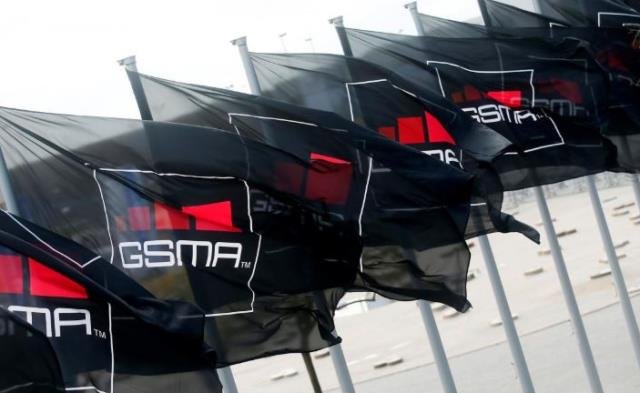GSMA has stepped up pressure on EU lawmakers to reject a European Commission push for a wifi-based standard for connected cars as the global telecom industry body prefers a 5G standard.
 GSMA, which represents several telecom operators and mobile network vendors, wants the European Union to select a 5G standard for internet-connected cars and reject the Wi-Fi-based standard, Reuters reported.
GSMA, which represents several telecom operators and mobile network vendors, wants the European Union to select a 5G standard for internet-connected cars and reject the Wi-Fi-based standard, Reuters reported.
GSMA, whose members include Deutsche Telekom, Orange, Vodafone and AT&T, will face a huge roadblock if the European Parliament next week decides to opt for the Wi-Fi-based standard. GSMA said Wi-Fi-based standard is an old technology that would not reduce road accidents.
A committee of EU lawmakers on Monday rejected the Commission’s proposal. The Commission’s preference for the wifi-based ITS-G5 has won backing from Volkswagen and Renault.
GSMA, together with Daimler, Ford, PSA Group, Qualcomm and Samsung, endorse a rival 5G standard.
The Commission’s decision will impact makers of telecoms companies providing the equipment for high-speed networks.
ITS-G5 wifi-based technology primarily connects cars to other cars.
The 5G standard hooks up to both cars and devices in the surrounding environment, with a wider range of applications in areas such as entertainment, traffic data and general navigation where data speeds or signal failure are less of an issue.
Mats Granryd, GSMA’s director general, wrote in a letter to Parliament that the Commission proposal would not improve road safety.
“This wifi standard was developed over a decade ago for the ITS-G5 framework. Despite being ready for many years, it has seen very little commercial deployment so far,” he said.
Mats Granryd said that the alternative 5G was already commercially available globally since last year and gaining popularity as the standard for short- and long-range communications, with BMW, PSA and Ford ready to roll out 5G-equipped cars.
A majority of EU lawmakers would need to block the Commission’s plan. The next hurdle would be the European Council where a blocking majority would also be required to overturn the proposal.





